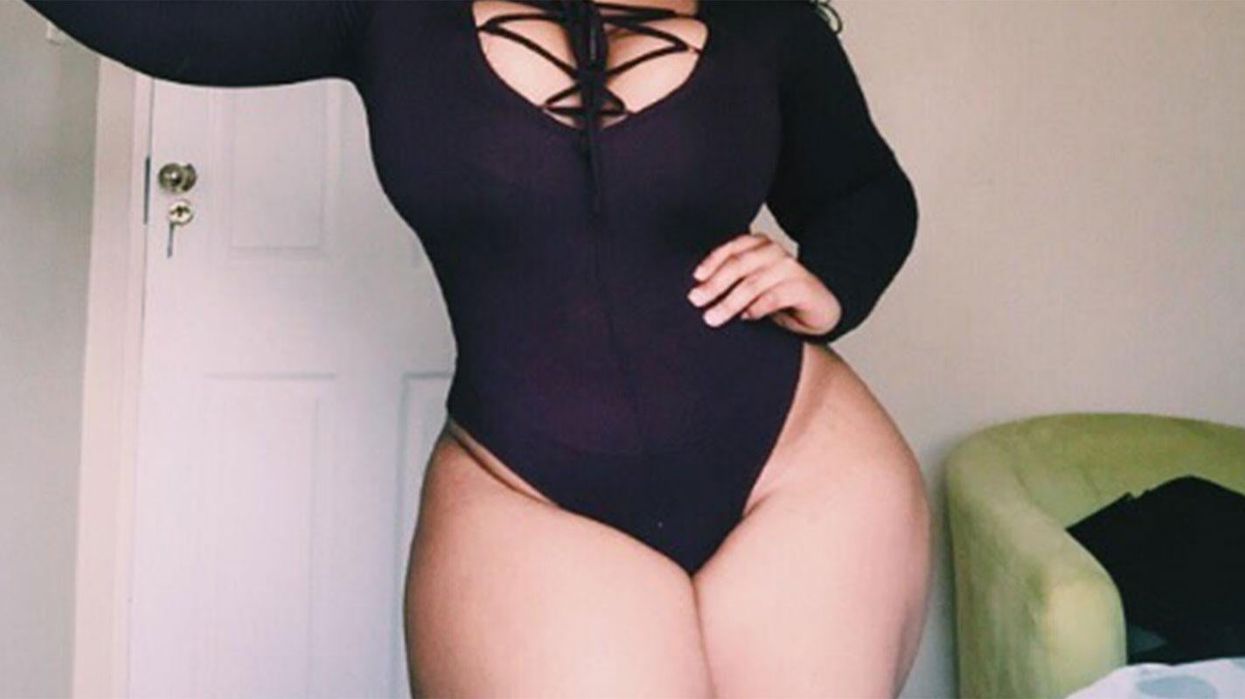News
Roisin O'Connor
Sep 05, 2016

A woman in South Africa has been overwhelmed by the positive response after she shared a photo of her own thighs with the hashtag #ThighsForJeaux.
Twenty-two-year-old Mixo, who uses the Twitter handle @mijeaux, posted the image as an act of self-love, in response to the body-shaming and constant scrutiny women face on a daily basis.
While her first tweet using the hashtag went out in 2015, a recent photo picked up and went viral, to the point where it was a top trend in South Africa and hundreds of women have been getting involved.
We spoke to Mixo who told us about how the hashtag began and what she's seen so far in terms of a reaction:
I started it in 2015. Honestly, I have no idea how it gained so much traction this time. I think it might have been people seeing the announcement about the next #ThighsForJeaux and me and a few others explaining what it's about. I don't have the answers, really. I think people just resonated with it and decided to participate.
What made me start it was a hot day. I was on Twitter that day speaking about how impossible it is to not wear as little as possible for the sake of comfort. I remembered that a lot of people don’t get to enjoy being comfortable on a summer day because of insecurities and the risk of harassment, which is what I face on a daily basis. So I just decided that #ThighsForJeaux could be a form of protest and affirmation. It was a joke in the beginning. I really didn't expect the reception.
Every single story that people have shared via the TL or DM submission has resonated with me and touched me so much. Also, our journeys are completely different so each perspective is great to read. Some people get there quicker than others and some don't at all and that's perfectly fine. As long as that # brought even an inkling of change in their lives, I'm happy.
And asked why, in 2016, women are still being made to feel like there's something wrong with celebrating their own bodies, Mixo told indy100:
People are really trashy, hey. Lol that's the simplest way to put it. There are really so many factors, really. Socialisation being one of them. We've been deeply socialised to view a certain type of body as the most desirable one and as the standard. The media and fashion houses and diet companies etc perpetuate this, and they profit from it.
More: A Trump supporter probably regrets his tweet about this photo
More: Diabulimia: The eating disorder that no one's heard of
Top 100
The Conversation (0)













